Sindh govt approves 500 electric buses for Karachi
Chief minister orders relevant departments to finalise paperwork
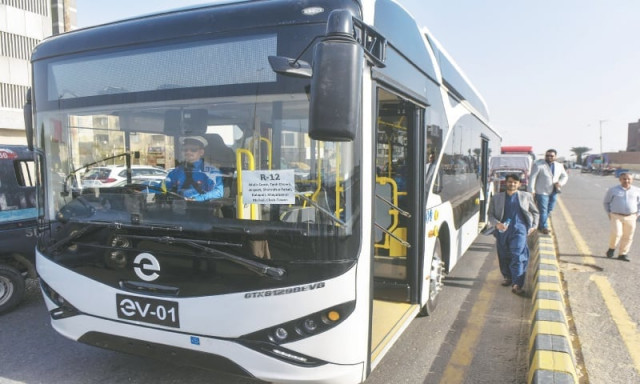
The Sindh government has approved a project to enhance Karachi’s public transport system with the introduction of 500 fully electric buses, a step expected to modernise the city’s commuting network and reduce air pollution.
Sindh Chief Minister Murad Ali Shah ordered relevant departments to finalise paperwork for the project during a high-level meeting at CM House on Saturday.
The chief minister chaired the meeting attended by provincial ministers, including Sharjeel Memon, Nasir Shah, Karachi Mayor Murtaza Wahab, and other senior officials.
Shah noted the urgent need for modern public transport, as Karachi’s growing population faces overcrowded and inefficient options. “The induction of Peoples Bus Service, electric, and Pink buses has improved services, but we need a bigger fleet to meet demand,” he said in a statement from his office.
Sindh Transport Minister Sharjeel Memon proposed adding 500 electric buses to the city's network, explaining that the move aims to reduce traffic congestion and provide an environmentally sustainable transit solution. “This will enhance commuter experience, ease traffic, and lower pollution,” Memon said.
Shah directed the planning and development (P&D) and transport departments to expedite coordination with donor agencies to secure funding. He stressed that public transport in other parts of Sindh also needs urgent improvement, as urbanisation and economic growth strain existing services.
To further address provincial connectivity, the Sindh government plans to procure 300 diesel-hybrid buses, allocating 60 units to each division of Sindh: Hyderabad, Sukkur, Larkana, Mirpurkhas, and Shaheed Benazirabad. Memon explained, “This plan will ensure reliable, environmentally friendly options for the entire province.”
Additionally, the government discussed purchasing 300 electric buses for intercity routes. Under this proposal, 60 electric buses would serve Karachi, with smaller fleets in other cities across Sindh to counter fare hikes by private operators and ensure safe, affordable transport.
Meanwhile, CM Shah reviewed the Yellow Line Bus Rapid Transit (BRT) project. The 21-kilometre corridor, spanning Dawood Chowrangi to Numaish, is a third-generation BRT design. He requested the transport and Public-Private Partnership (PPP) units to finalise the project’s feasibility by November, with a potential for battery-electric buses in the plan.

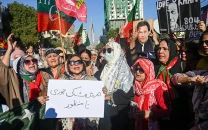


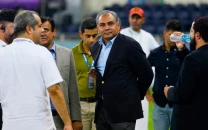

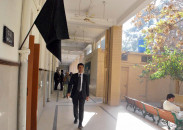

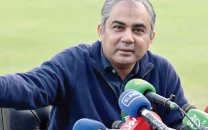
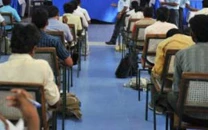
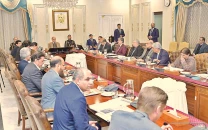
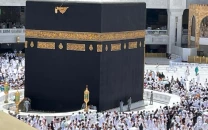











COMMENTS (10)
Comments are moderated and generally will be posted if they are on-topic and not abusive.
For more information, please see our Comments FAQ